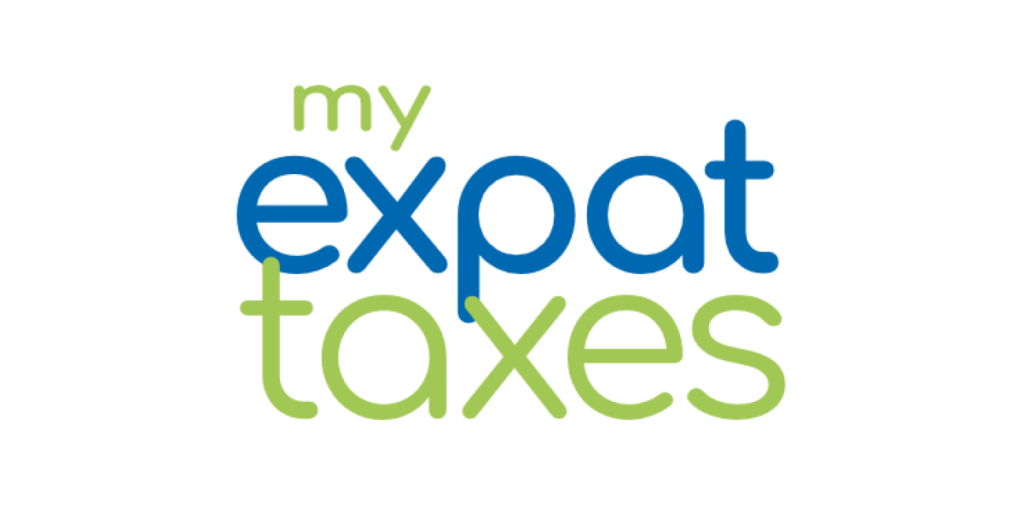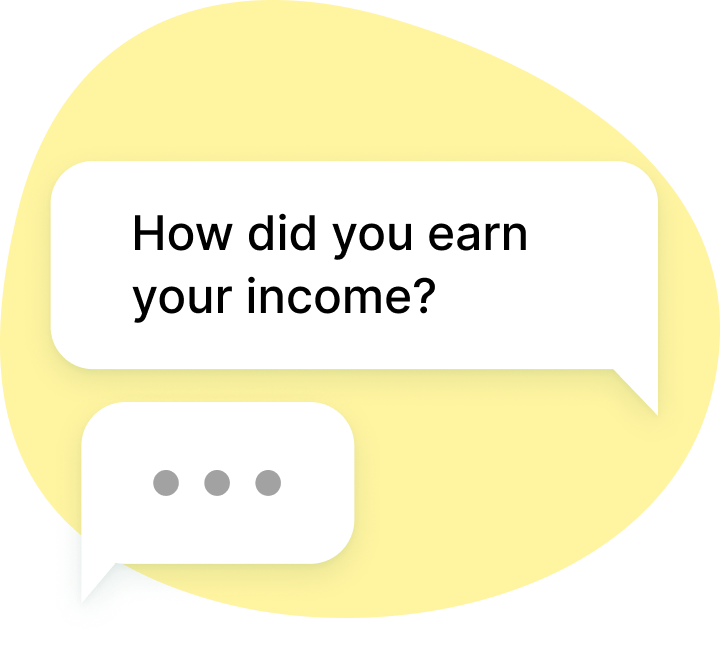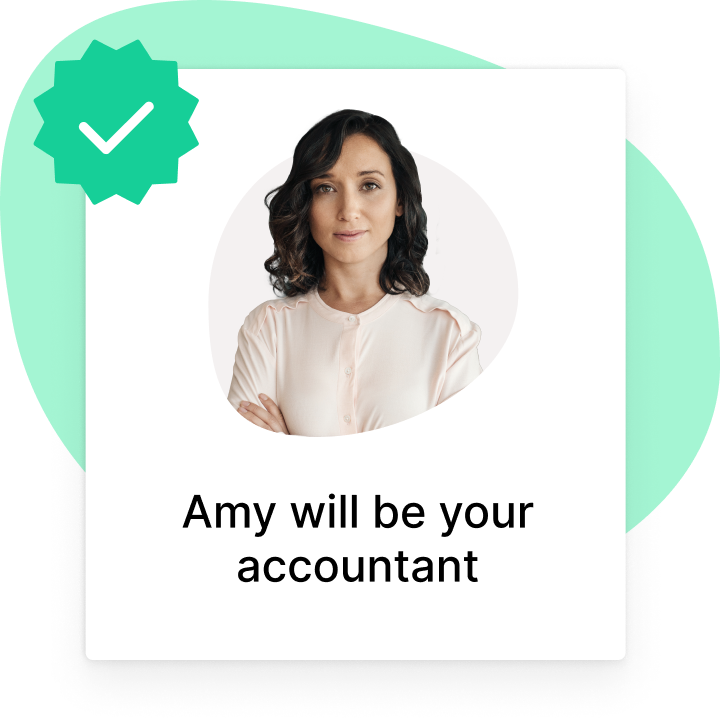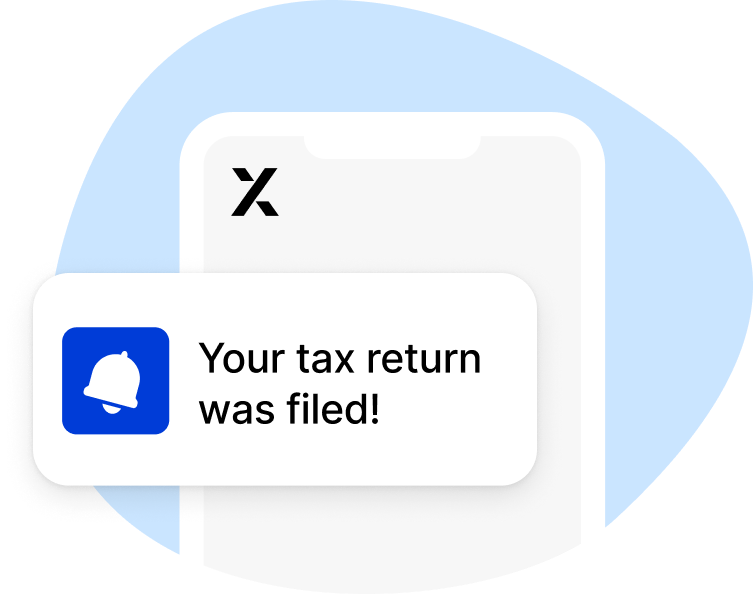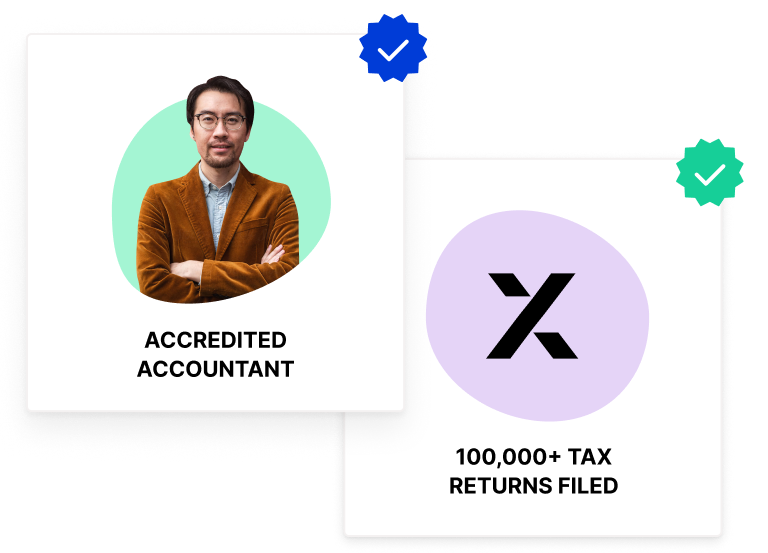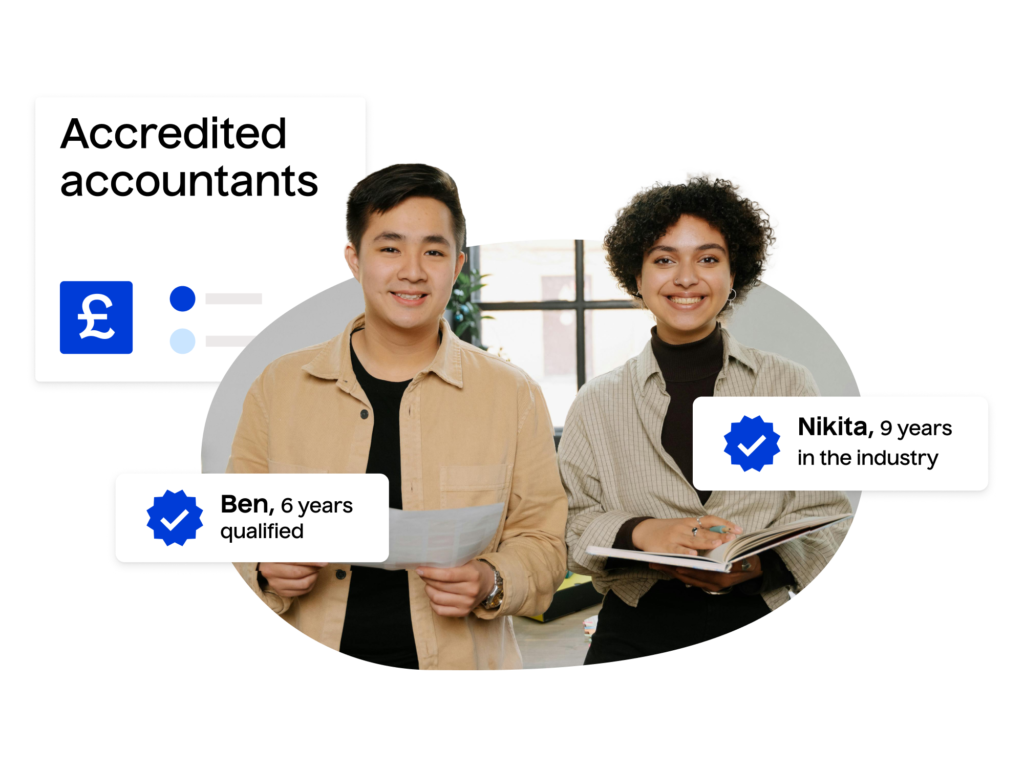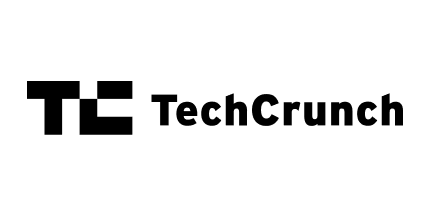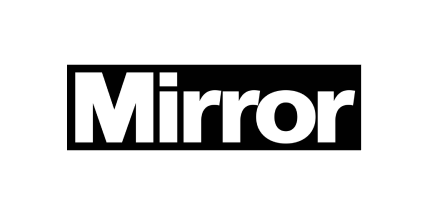Terms & Conditions
This offer gives you 25% off your first purchase of a TaxScouts tax return service. The discount does not apply to tax advice, company or Bundle services.
It’s available exclusively to customers referred through one of our partner organizations who have not previously purchased a service from TaxScouts.
Please note: the 25% discount is only valid on your first transaction and cannot be applied to future purchases.
To activate the discount, you must sign up through the dedicated partner link provided. This offer cannot be used in conjunction with any other TaxScouts promotion, and we reserve the right to update or withdraw it at any time without prior notice.
If you have any questions, contact us at [email protected] or via live chat.

